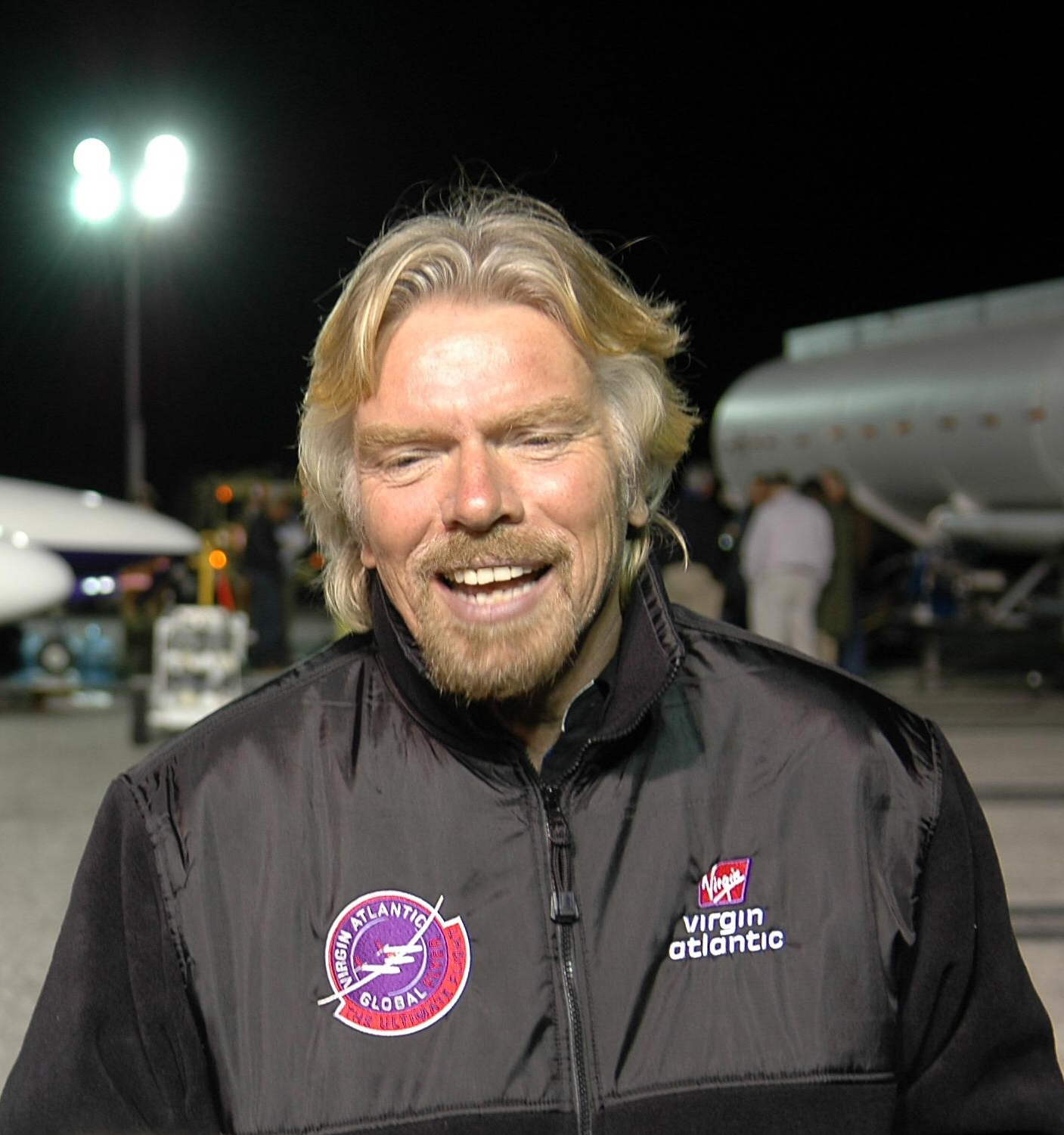Robert Luckadoo's book, "Grit In Your Craw" talks about "Eight Strengths You Can't Succeed Without" and it is a pretty good list:
- Diligence
- Tenacity
- Optimism
- Flexibility
- Discipline
- Resilience
- Confidence
- Purpose
Luckadoo makes the 8 topics "real" by sharing personal stories about what he's learned in each of these areas. His style is very readable, and he talks about things like his father's death when he was 12 years old and what he learned from his mother through the struggle to keep the family on track.
If you read a lot, like I do, many of the themes will sound familiar (the same is true of a lot of business-oriented books - different ways of articulating common subjects). In Luckadoo's case, I was surprised at how much his content resonated with me - his life has been filled with experiences very different from my own. For example, he was a NASCAR driver, a sports coach, and runs his own insurance agency - definitely not a stranger to trying different paths to success.
Each of the chapters does a nice job of explaining the concept through one or more entertaining stories, generally about things that Luckadoo's experienced. That makes a different to me, since it takes things out of the theoretical and gets the ideas into your head in a very visual way.
Luckadoo gives some practical advice along the way, which was very thought provoking. However, this isn't really a "how to" book - it is more of a set of stories to get you think about the things that contribute to (or detract from) your success.
This book is very well-suited for business leaders, entrepreneurs, or people who want to move to the next level with regard to their impact in business. It will help you think about - and be more deliberate about - how you lead, how you follow, and why you do what you do every day.
I'd love to see Luckadoo come out with a second edition with exercises to take readers through some deeper thinking about these 8 areas, as I think that kind of approach would be very helpful - especially for people who feel stuck in their current situation.
In any case, I enjoyed "Grit In Your Craw," and found it well worth the read.





